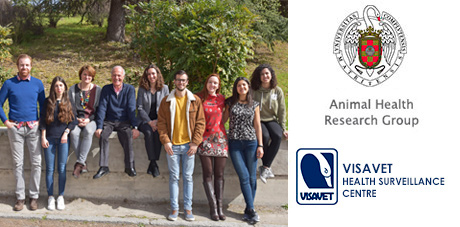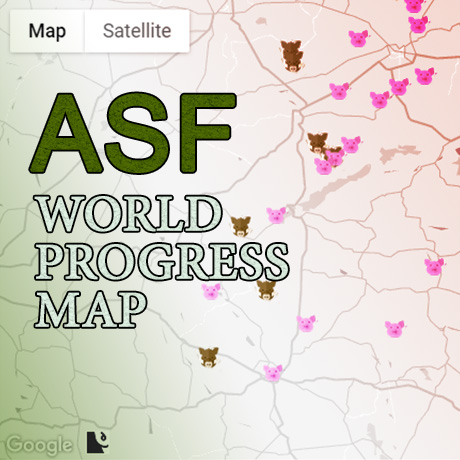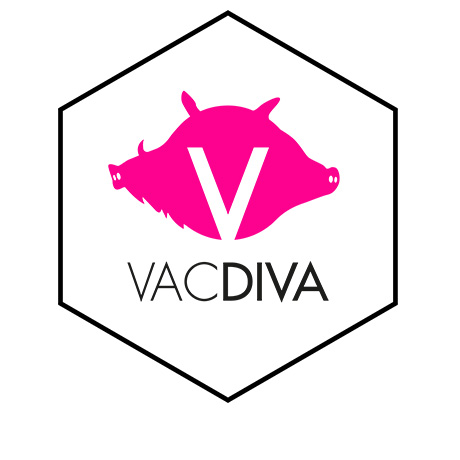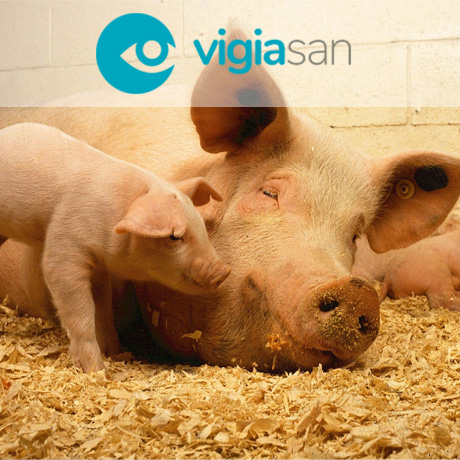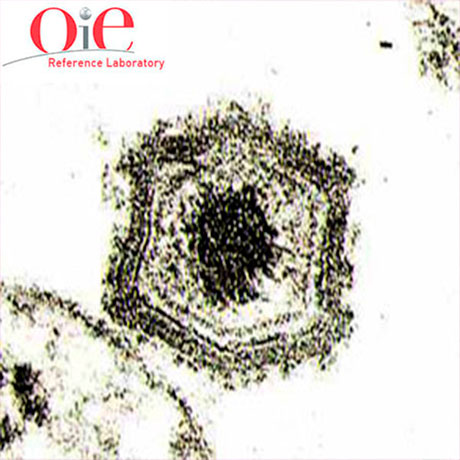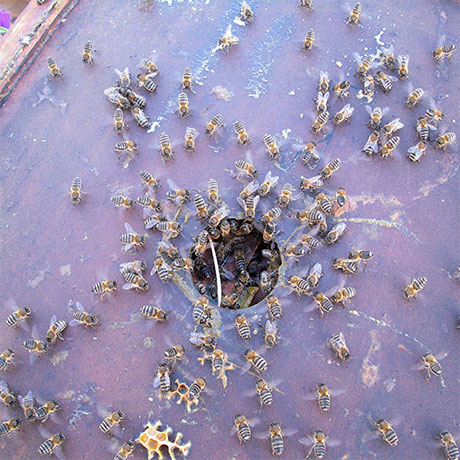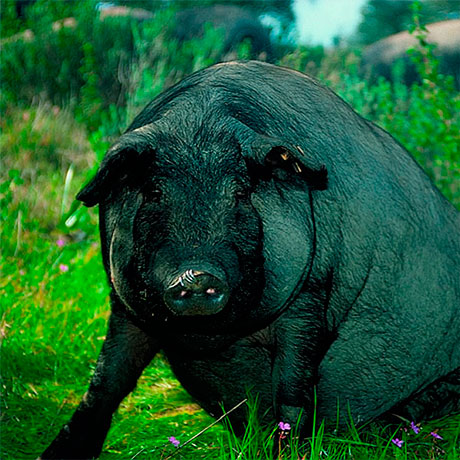Decreases the number of outbreaks of African swine fever in Sardinia
In two years cases have been reduced 60%. Also decrease caused by illegal breeding.
Fluorescent microbead-based immunoassay for anti-Erysipelothrix rhusiopathiae antibody detection in cetaceans
 Diseases of Aquatic Ornanisms published this investigation.
Diseases of Aquatic Ornanisms published this investigation.
José Manuel Sánchez-Vizcaíno trustee of Fundación Oceanogràfic
 From the year 2011 the research group SUAT-VISAVET, directed by the Prof. José Manuel Sánchez-Vizcaíno, from the Veterinary Faculty of the UCM, carries out the research Project “Sanidad Marina” (Marine Animal Health) together with the Fundación de las Artes y las Ciencias de Valencia, and Avanqua Oceanogràfic-Ágora.
From the year 2011 the research group SUAT-VISAVET, directed by the Prof. José Manuel Sánchez-Vizcaíno, from the Veterinary Faculty of the UCM, carries out the research Project “Sanidad Marina” (Marine Animal Health) together with the Fundación de las Artes y las Ciencias de Valencia, and Avanqua Oceanogràfic-Ágora.
In 2016 Prof. José Manuel Sánchez-Vizcaíno was nominated as trustee of “FUNDACIÓN OCENAOGRÀFIC DE LA COMUNITAT VALENCIANA”; and he has renew this position this year.
This project arises from the collaboration in recent years between VISAVET Health Surveillance Centre (Complutense University) and the Oceanographic. The aim is to improve the health of the Mediterranean marine fauna and, by extension, the preservation of the marine ecosystem in general.
More information about Marine Animal Health
The Sardinian Government renews the Eradication of African Swine Fever agreement with the UCM
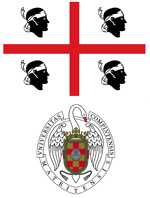 The Government of Sardinia has renewed the agreement initiated in 2014 for a further year; The project, that began in December 2015 and carried out by the research group SUAT - VISAVET directed by Professor José Manuel Sánchez-Vizcaíno, consists in developing a new, and expected to be definitive, eradication plan for ASF, in which the principal objective of the SUAT group is to advise the Government of Sardinia and its authorities scientifically and technically.
The Government of Sardinia has renewed the agreement initiated in 2014 for a further year; The project, that began in December 2015 and carried out by the research group SUAT - VISAVET directed by Professor José Manuel Sánchez-Vizcaíno, consists in developing a new, and expected to be definitive, eradication plan for ASF, in which the principal objective of the SUAT group is to advise the Government of Sardinia and its authorities scientifically and technically.
Wildlife and livestock use of extensive farm resources in South Central Spain: implications for disease transmission
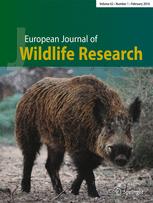 European Journal of Wildlife Research published this article.
European Journal of Wildlife Research published this article.
OIE/IVSA student competition 2015

Animal welfare is a complex subject with scientific, ethical, economic, cultural and political dimensions.
Today, animal producers are increasingly taking animal welfare into account and some have come to see it as a characteristic of quality of their products. Consumers’ concern in animal welfare is also constantly growing. Therefore this topic is becoming more and more central in the preoccupations of veterinarians, nowadays as well as in the upcoming years.
As a future representative of the veterinary profession, you will need to prove your leadership in this area.



